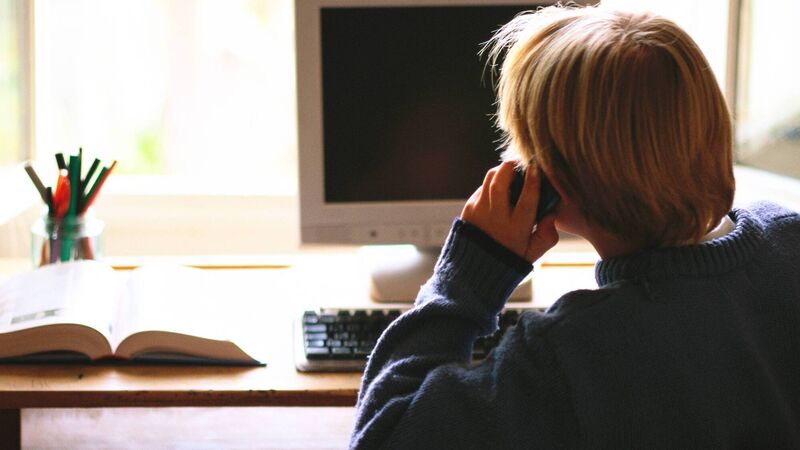'If we allow children online, at this age, then they need to be supervised'

CyberSafeKids is marking Safer Internet Day with a campaign to support parents in supervising their children's online lives.
Children as young as eight are at an increased risk of being exposed to harmful online content, with research highlighting a “significant” lack of parental engagement in monitoring their activities.
While calls continue for Government to introduce a mandatory online safety programme, new research shows many children have unrestricted and unsupervised access to smart devices in their bedrooms.










